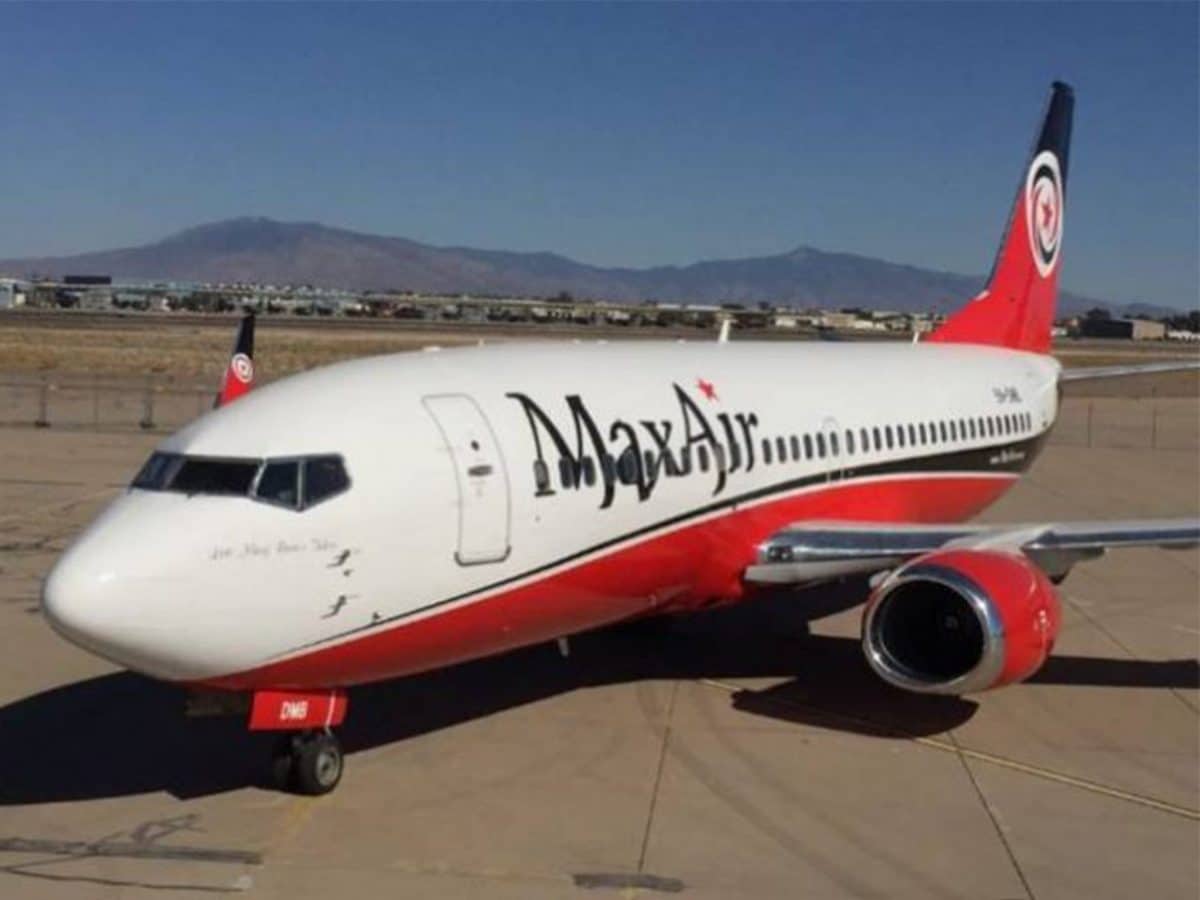Days after the Central Bank of Nigeria (CBN) issued an ultimatum mandating banks to ensure cash availability at Automated Teller Machines (ATMs) and banking halls, many Nigerians still struggle to access cash.
The cash scarcity has pushed Point of Sale (PoS) operators to seek alternative sources of cash, such as markets and fuel stations.
A visit to various bank branches revealed that only a few ATMs were dispensing cash, often with restrictions.
Customers with debit cards from other banks could only withdraw up to ₦10,000, while those using the bank’s cards were allowed a maximum of ₦20,000.
Despite CBN Governor Olayemi Cardoso’s assurances on November 29, 2024, to address the unavailability of cash, compliance among banks remains inconsistent.
The issue has persisted since February 2023, forcing bank customers to rely on PoS operators who charge exorbitant fees for cash withdrawals.
Governor Cardoso had vowed that the apex bank would conduct spot checks at Deposit Money Banks and penalize underperforming institutions.
He also encouraged Nigerians to report difficulties with cash withdrawals via designated phone numbers and email addresses provided by the CBN.
“We will not hesitate to impose stringent penalties on banks or financial institutions engaging in malpractices or deliberate sabotage,” Cardoso warned.
Despite these measures, bank customers continue to express frustration. At various ATM locations, many machines were either non-functional or dispensing limited cash.
A Lagos resident told Leadership newspaper, “I went to multiple ATMs, but none were dispensing cash. The situation is very frustrating, especially after the CBN claimed cash was available.”
In some cases, customers were directed to banking halls, where withdrawals were capped at ₦10,000 to ₦50,000, forcing many to seek alternatives.
The scarcity has shifted the burden to PoS operators, who now source cash from unconventional places like markets, fuel stations, and abattoirs.
A PoS operator explained, “Market women prefer cash transactions to avoid issues with fake alerts or failed transfers. We book ahead, transfer money to them, and collect the cash when available. The same applies to fuel stations.”
Another operator noted that operational challenges and the stress of sourcing cash have kept their charges high.
“The banks are no longer reliable. I operate with deposits from customers and cash sourced from traders. It’s the only way to keep my business running,” she said.



